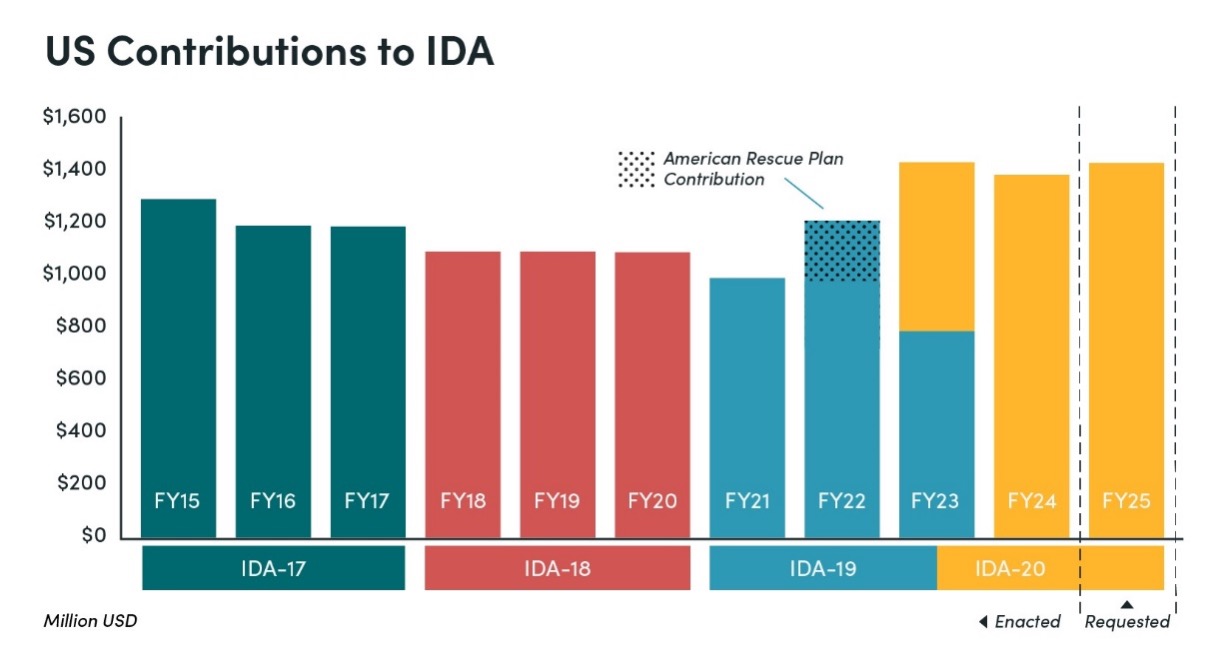This is a joint post with David Roodman.The Dominique Strauss-Kahn debacle has unexpectedly forced the first leadership turnover at a Bretton Woods institution since the global financial crisis—the first leadership transition in what we might call the G-20 world. The tacit deal that has long put an American atop the World Bank and a European in charge of the IMF, rooted in the geopolitics of the 1940s, looks more archaic than ever. That’s why this time around, the calls have grown even louder to make the leadership selection process of the World Bank and IMF open, transparent, and meritocratic. Owen Barder suggests on his widely read
blog that transparency and merit are key to maintain the reputation and relevancy of these international institutions, and
Nancy Birdsall agrees that the decision needs to be based on merit, not nationality. The
Financial Times and others news media say that it is time for everyone to acknowledge that we are in the 21st century with several emerging powers that must have a larger role in the Bank, the Fund and other multilateral organizations. One of us (Vij) has made this argument too, constructing a
model of global governance that factors in GDP and population as of 2011, not 1941.But no one seems to be particularly optimistic that a change in the leadership structure will happen any time soon. Indeed, the rumor is that Christine Lagarde is the choice of the French, the British and the Germans and that she will most likely be the next head of the IMF.If the U.S. continues to protect its prerogative at the Bank, the Europeans can be expected to do the same at the IMF. So we wonder: What WOULD make the US come to the table? What does America want? One big issue is the U.S. debt burden, which is now around $15 trillion, exceeding 100 percent of GDP. Would the US trade leadership of the World Bank for a writedown of its debt? If so, how much? $1 trillion? Or $2? And would this write-down be worthwhile to the Chinese if it came with the opportunity to assume leadership of the World Bank?OK, we know that’s an absurd question, but here is the point. The U.S. government is trillions of dollars in hoc to the rest of the world, and stands on the cliff edge of default. Europe is in hardly better shape. Yet both presume to dictate to the Chinese, Indians, and others when it comes to financial leadership. What is wrong with this picture?
CGD blog posts reflect the views of the authors, drawing on prior research and experience in their areas of expertise.
CGD is a nonpartisan, independent organization and does not take institutional positions.





